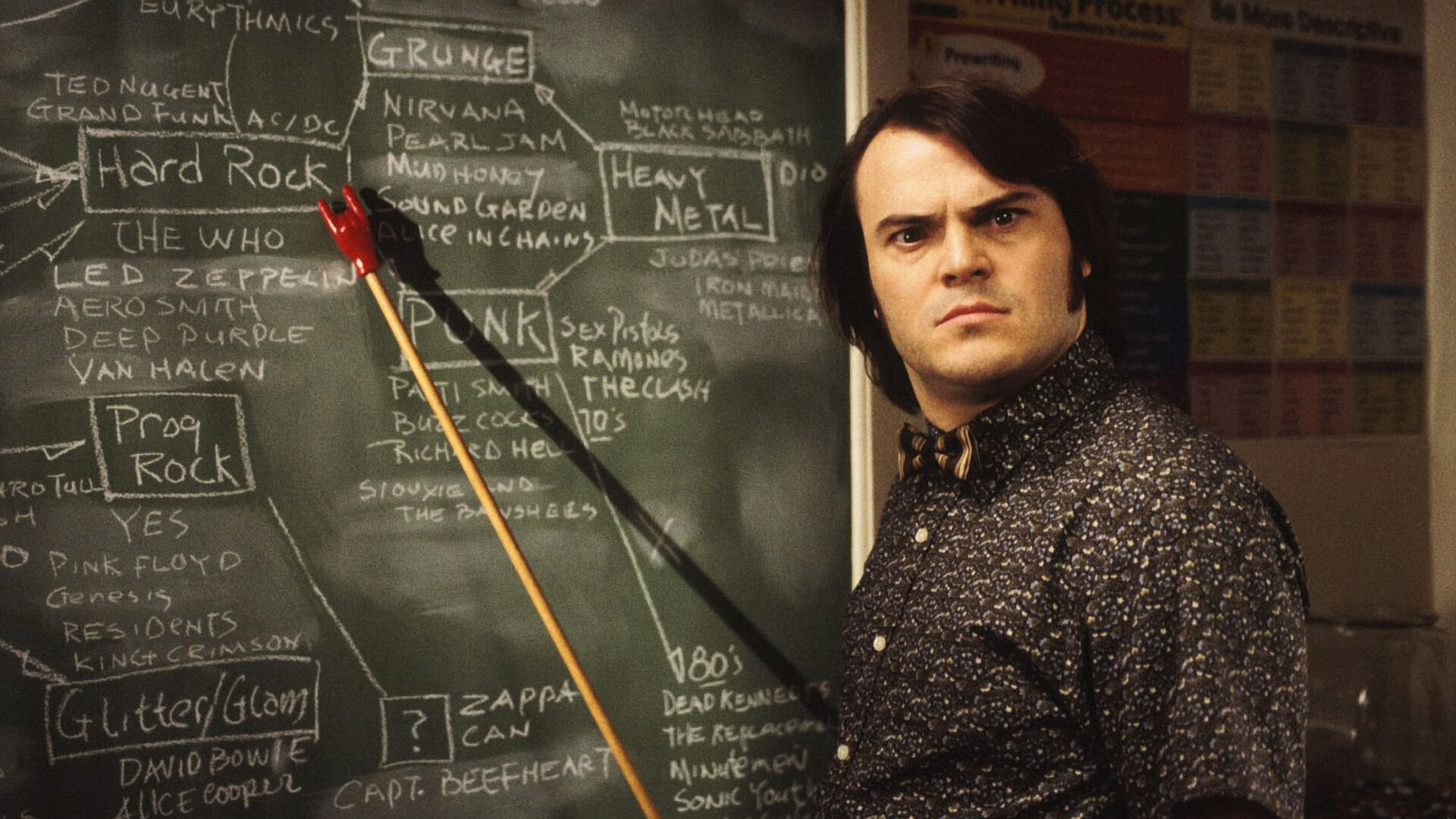10 Tips For Rookie Teachers

1. Get ready to not be amazing. By the time you’ve been teaching for five years, you will look back on your first year and say, “I was such a mess back then.” This is true no matter how badly or how well the first year goes. Teaching is very difficult and it takes many years to get good at it.
2. You will not finish all the curriculum. This does not mean you shouldn’t try, but you won’t finish all of it. I almost never finish all the curriculum. If I heard that a first-year teacher wrapped up the last ten pages of his allotted curriculum in the last ten days of school, I would know he was a bureaucrat and that his students were always bored. Only machines are that precise. The same is probably true of a fifth-year teacher, for that matter. This might be less true in math and science classes, but no philosophy class should finish on time. No history class. No literature class. If the teacher could plan for every contingency, there were not enough contingencies, not enough rabbit trails, and not enough “Put your books away, today I’m telling stories and working for tips.”
3. Do the most important curriculum first. If the most important book in the sophomore lit class is Paradise Lost, read it first. If the most important book in the junior theology class is the Confessions, read it first. You will be tempted to save it for the fourth quarter, but you’re not going to finish all the curriculum, so you won’t actually get to it. You don’t have to teach your books chronologically. That’s for suckers. You’re teaching virtue. Teach virtue.
4. Open class with a form prayer. Don’t just make something up. If class opens with an afterthought prayer, is class an afterthought, as well? Or is prayer just the least important part of class?
5. If you are teaching a Great Books class, 4 out of 5 of your lesson plans are “Read and discuss.” If the school year hasn’t started yet, and you’ve already got lesson plans worked out into November, and there’s a long description of what you’re doing Wednesday, November 14th, 2018… then there probably isn’t enough Great Books in your Great Books class. A Great Books class is about Great Books.
6. Here’s how a 60-minute class goes: during the first seven minutes, you recite the catechism; for the next thirty minutes, the teacher reads a Great Book in a loud voice while pacing around the classroom; for the remaining time, lecture and discussion. Don’t try to lecture for an hour. It’s cruel. At summer conferences, where the best lecturers in CCE have 60 minutes to present their ideas, people are still checking their watches after 40 minutes.
7. Play the long game. Your students will either not become better human beings over the course of a school year, or else they will, and you will not see it happen. Always remember what kind of a person you were at 16.
8. Read older fiction written about teenagers. If you do not, you will be tempted to believe that teenagers have never been worse than they are now. This is a lie of the devil intended to make you proud. Read old fiction about teenagers and you will find all the teenage characters very familiar. If you need a recommendation, start with John Knowles A Separate Peace. Fictional teenagers of the late 1950s aren’t that different from real teenagers today.
9. If you give really high grades that are not deserved, everything will go smoothly for you. But then things will stop going well for you and you will not see it coming.
10. You are morally obligated to have better taste in music, movies, and books than your students. You are the curriculum. Don’t try to reclaim and redeem Drake, Twenty-One Pilots and Halo for Christ. Give your students something to aspire to.

Joshua Gibbs
Joshua Gibbs teaches online classes at GibbsClassical.com. He is the author of How To Be Unlucky, Something They Will Not Forget, and Blasphemers. His wife is generous and his children are funny.











